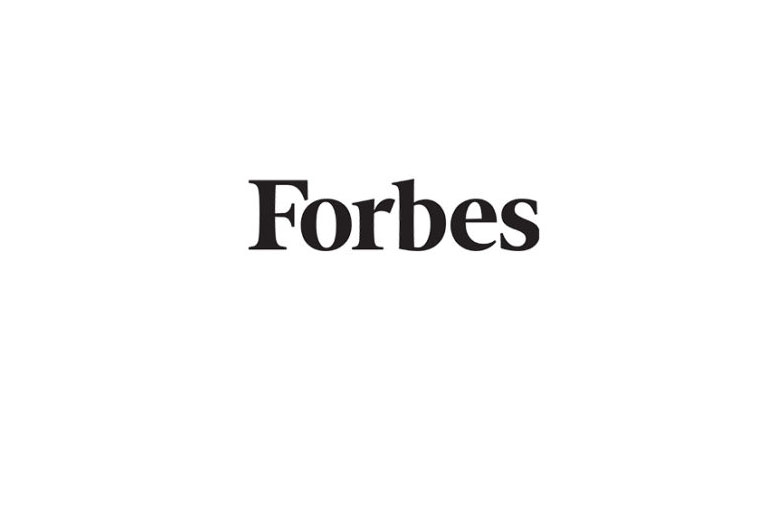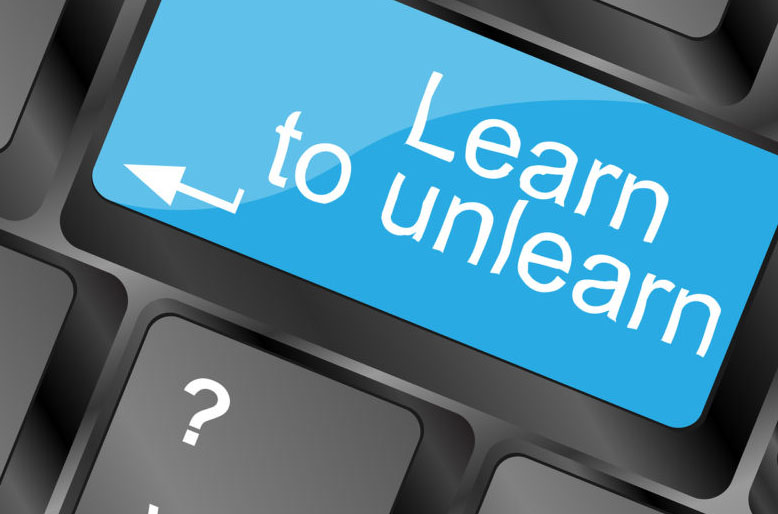What’s holding you back from making the most of your network?
“When someone shows you who they are, believe them the first time.”
-Maya Angelou
You probably read that quote and thought, Surely, a poet like Maya Angelou wasn’t talking about business relationships. You’d be right. She almost certainly wasn’t. Yet, I think within that thinking is the fundamental issue at the core of how we approach our business relationships. For whatever reason, we give ourselves permission to treat these relationships differently. We try to be different people to our business contacts than in our day-to-day lives; we compartmentalize them, and we have maladjusted expectations of ourselves and our counterparts in these relationships. All that adds up to an inauthentic relationship. Considering our business relationships have the power to shape our career and our long-term success and, thus, shape our lives, this is an issue that needs some focused attention.
I’ve written about how we can build better business relationships before. The subject is one of great importance to me. But sometimes we need to identify what we’re doing wrong before we can correctly implement the best practices I advise. So, what are you getting wrong?
You Botch the First Impression.
Our society puts a ton of weight into the first impression. For good reason, I think. In a world of gray areas, first impressions are refreshingly binary. If you’re not making a good first impression, you’ve made a bad one. Like Angelou said, when someone shows you who they are, we believe them the first time. But, that begs the questions, did you take care to show that person who you really are? In these pressure-packed first moments we go crazy trying to impress the person in front of us. Insincere charm, flashy spending, or even an old foe – mirroring, will all more than likely come off as fake and contrived to the person you’re trying to impress. And just like that, you’ve botched the first impression. The far better option is to be your authentic self. Show that person who you really are. Chances are good they’ll be impressed by your confidence and candor. Embracing authenticity is how we really make a good first impression.
You’re Compartmentalizing.
This is a symptom of “work-life balance” thinking. The idea is that our business should rightly remain separate from our personal lives if we’re to find fulfillment in both. To me, that’s a scarcity mindset that suggests one siphons positivity from the other and vice-versa. Now, imagine approaching your business relationships with this in mind. How could you even begin to give this relationship everything it needs to succeed? With this mindset, you can’t. That’s why I’m an advocate for work-life integration. I became an entrepreneur so that my work could fit into the life I wanted to lead. The same goes for the relationships we want to have. If we feel a push and pull between our personal relationships and our business relationships it means we’re keeping both at arm’s length. With an integrated approach, our business relationships become normal parts of our lives, like anything else. We can then enter into them fully and authentically.
You’re Engaging in Transactional Thinking.
This is our biggest downfall when it comes to how we build business relationships. Increasingly, we seem to have forgotten the simple virtue of being decent for the sake of being decent. There’s a line of thinking that questions the value of any relationship that doesn’t pay material dividends immediately or in the very near future. That’s a toxic mindset. Any authentic relationship must be built on complete trust. If you’re only giving this contact your time and attention because you want something from them, you’re creating a zero-sum context—if I don’t get what I want out of this relationship, this person has won, and I have lost. That’s fear, that’s ego, and that’s transactional thinking in the most cynical way possible. Instead, I always advise giving first, and then handing the relationship over to trust. Trust that you’re acting not out of expectation or selfishness, but because it’s good to give and to be of value to this person. Trust that the energy your actions put into the universe will come back to you and, eventually, the relationship will give you exactly what you need, exactly when you need it.
We can get granular about the things we get wrong—the way we choose to speak, appearing aloof and disinterested, more concerned with our phones than the person in front of us, being anxious and neurotic—but, they are all, in some way or another, the result of one of the three business relationship pitfalls discussed above. If you want to learn more about how you can avoid these blunders and build better, authentic business relationships, check out my video: Building Authentic Business Relationships.
—
Corey Kupfer is an expert strategist, negotiator and dealmaker. He has more than 35 years of professional deal-making and negotiating experience. Corey is a successful entrepreneur, attorney, consultant, author and professional speaker who is passionate about deal-driven growth. He is also the creator and host of the DealQuest Podcast.
If you want to find out how deal-ready you are, take the Deal- Ready Assessment today!









